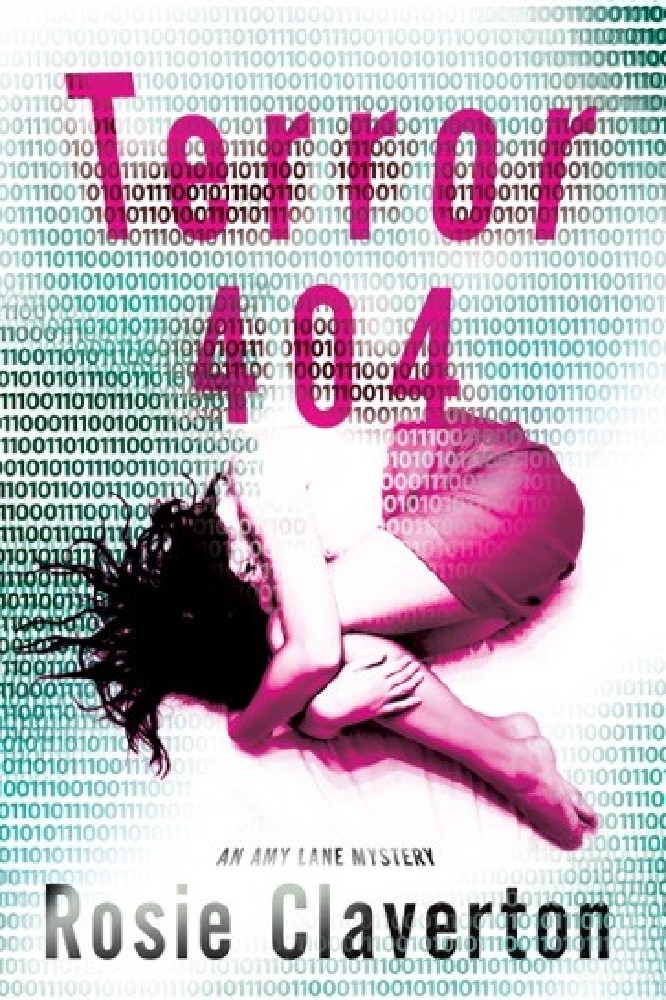Psychiatrist by day, crime writer by night! Yet the two jobs aren’t as separate as one might imagine. Here are ten ways that my work as a junior psychiatrist informs my mystery novels.

Rosie Claverton
I am an investigator
While I’m reluctant to compare myself to Sherlock Holmes, there aren’t many detectives who spend an hour listening to a tale and then decide just what the problem is and how to solve it. I can’t tell where a person’s been from the dirt on their shoes, but I know that distractability might mean hallucinations and loud make-up could be an early sign of mania.
A kinder interrogation
Unlike other doctors, psychiatrists don’t rely on physical examination or tests. We pride ourselves on asking the right questions and really listening for the answers, both spoken and unspoken. I’ve also developed a keen sense for when a person is hiding the truth – sometimes even from themselves.
Cast of characters
I meet a lot of people through my work and those simple, human interactions give me plenty of material for everything from character backgrounds to speech and mannerisms.
Under stress and in distress
When folk are put under pressure, their feelings and reactions are difficult to anticipate. Telling someone bad news can lead to blame, anger, fear, guilt, denial, grief. All of those emotional responses tell me more about how people react when the going gets tough.
Tell me your story
“So, what’s been happening?” is just one of the ways I ask a person why they’ve come to see me. At first, I let them talk – and that’s where I learn not only what’s going on for them but how they’ve come to realise something might need changing.
Safety first
One of the more challenging sides to psychiatry is coping with people who are intimidating or violent. However, people with mental health problems are more likely to be a victim of violence than a perpetrator, and A&E doctors are more likely to get hurt than psychiatrists.
Police procedures
With mental health services gutted by lack of funding, more and more people are seeing police officers instead of doctors in times of crisis. That also means that psychiatrists spend more time working with the police and getting to know their point of view.
The wacky world of drugs
Psychiatrists have a broad knowledge of drugs, both prescribed and illicit. This has helped me choose interesting poisons and create drug-related complications.
101 ways to kill a man
While I’ve left behind the hospital wards, I am a qualified doctor and I still have vague memories of medical school. This is useful for beating up protagonists and villains alike!
Getting it right
Most importantly, my specialist knowledge means that I can craft a sensitive and accurate portrayal of mental health problems. From Amy Lane’s struggles with her own mental health to the dysfunction of a private mental health unit, I know my writing is fuelled by my profession.


